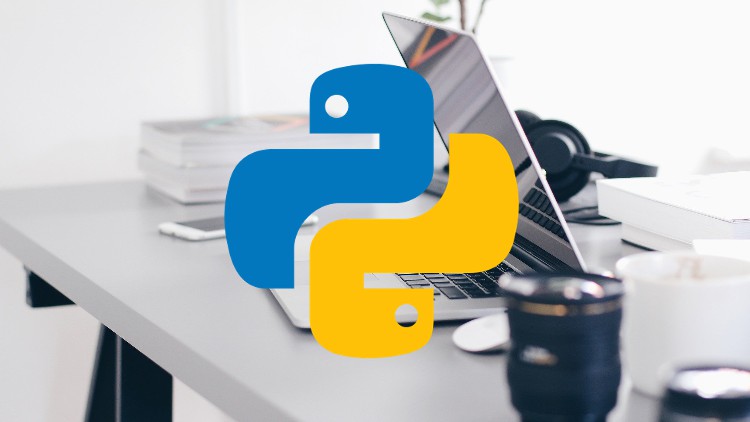
Learn, Think and Hands-on Python Intermediate concepts and Boost your Python Development Career in short time!
What you will learn
Using and Building Iterators
Block of statements Scopes
Formatting strings
Using and Building Generators
Hands-On Regular Expressions
Collections and Containers with functions
Creating, installing and using Packages
Mathematics and Statistics based on SL with function
Working with Decorators and solving Problem
A true understanding of how Intermediate Python topics work behind the scenes.
Get professional, friendly and fast support in the course Q&A for any kind of problems during this course.
Description
Hi, Welcome to the Python Programming Beyond The Basics And Intermediate Training.
In this course, you will get a hands-on Many important topics that need to be mastered in order to create applications of multiple scales and purposes in Python programming language.
By the end of this course, you’ll have the Intermediate concepts that every Python developer should have, and know how to use them practically in all the fields of the Python language.
Even if you are in any field such as data science, web development or machine learning, it is very necessary to know all the concepts that we will talk about in this course, as well as how to use them in a theoretical and practical way as we will do, and this is in order to facilitate the creation of programs in the correct way as you want it without wasting time or complication.
We created this course for you if you want to boost your Python career to become a productive Python programmer .
What are the topics that we will discuss in this course?
First, we will talk about iterators in the Python language, how to use them, the concepts and functions related to them, how to create them, and what is the purpose of creating them easily.
Simply, Iterator in Python is simply an object that can be iterated upon. An object which will return data, one element at a time.
This is a brief and simple definition of Python iterator.
Let’s go to the second section, which we will talk about.
In the second section we will talk about The Python scope Of all kinds and how to deal with them.
Not all variables or functions can be accessed from anywhere in a program. The part of a program where a variable or function is accessible is called its scope.
The section that next, we’ll talk about the string formatting To make sure a string will display as expected . and You’ll learn about these formatting techniques in detail and add them to your Python string formatting toolkit.
And in the fourth section we will know all about:
What generators in Python are and how to use them
How to build generator functions and expressions
How the Python yield statement works and the difference between yield and return.
How to use multiple Python yield statements in a generator function.
How to use advanced generator methods in your apps.
The section that next, you’ll learn everything about regular expressions in Python.
This is a very important topic, and we will talk about it in a detailed and practical way and with deep clarification. Actually, You’ll have all power of regular expressions, You will work with the re library, deal with pattern matching, and many more.
Basically, Regular Expressions are a tool for matching patterns in text. This is a brief and simple definition of Regular Expressions.
In the next section, you’ll master the most commonly used data structures from the Python collections module.
Basically, Collections in Python are containers that are used to store collections of data, for example, lists and dictionaries. These are built-in collections. Several modules have been developed that provide additional data structures to store collections of data. One such module is the Python collections module.
The collections module is used to improve the functionalities of the built-in collection containers.
The next section walks you through how to package a simple Python project. It will show you how to add the necessary files and structure to create the package, how to build the package, and how to use this Package.
In the next section, you’ll master all about math and statistics modules practically, and the functions that are used with them.
Simply, the math module provides access to the mathematical functions defined by the C standard. and The statistics module provides functions for calculating mathematical statistics of numeric data.
Finally, In the last part of this course you will learn something very important, which is decoration.
In this section on decorators, we’ll look at what they are and how to create and use them in detail.
Simply and By definition, a decorator is a function that takes another function and extends the behavior of the latter function without explicitly modifying it. that’s it . We will simplify this topic very without complication, and with practical examples to illustrate.